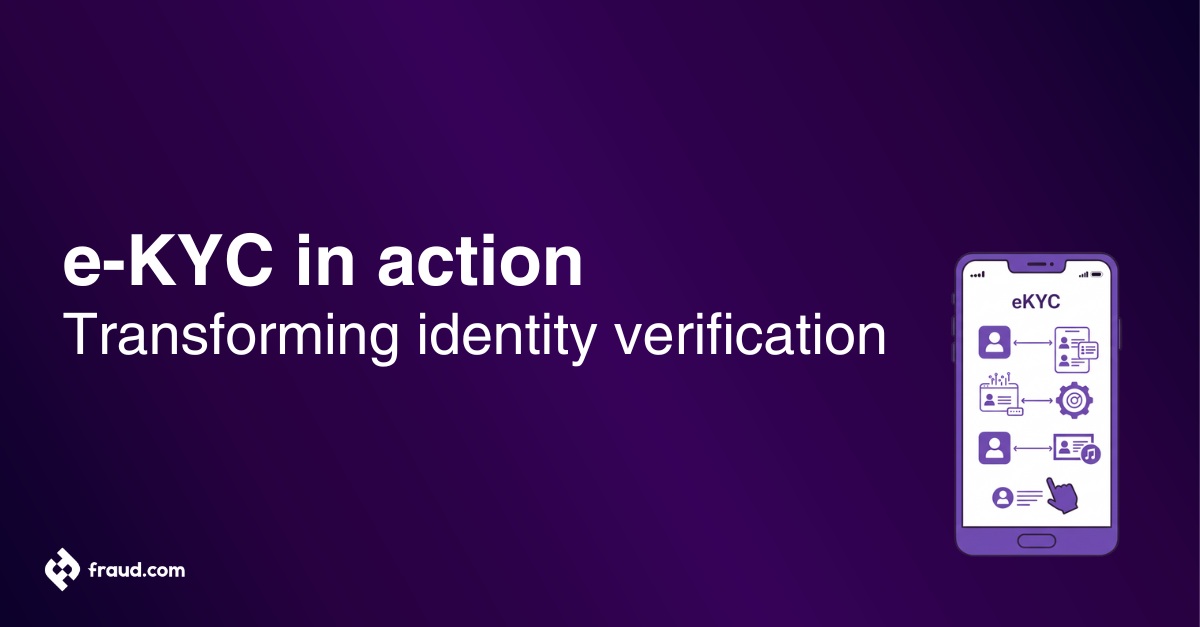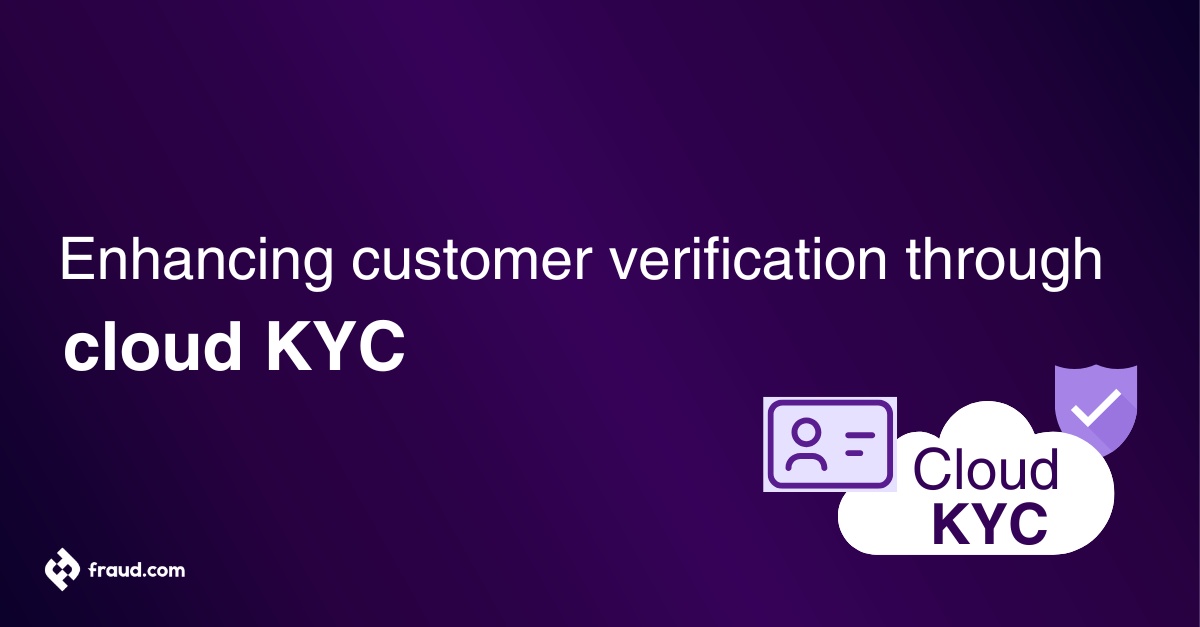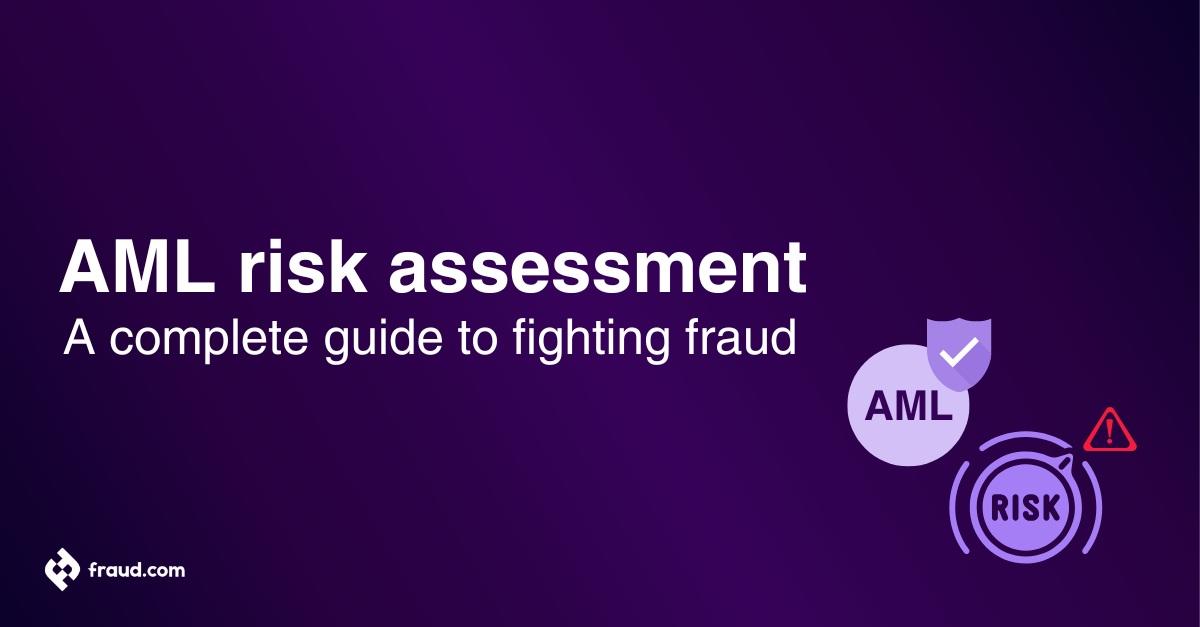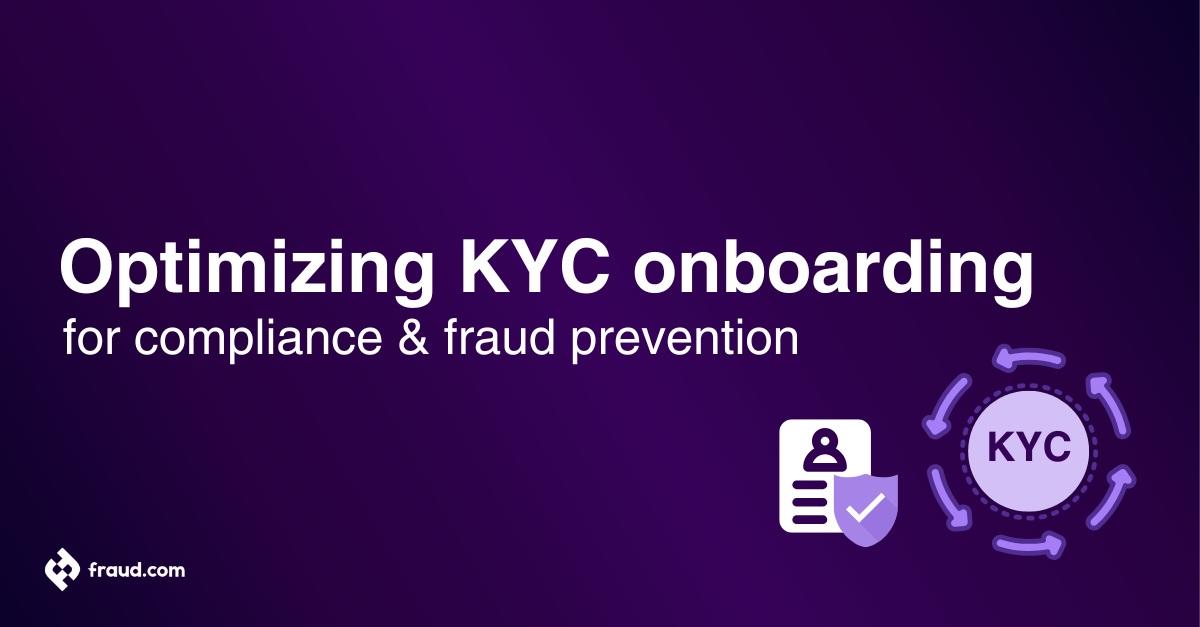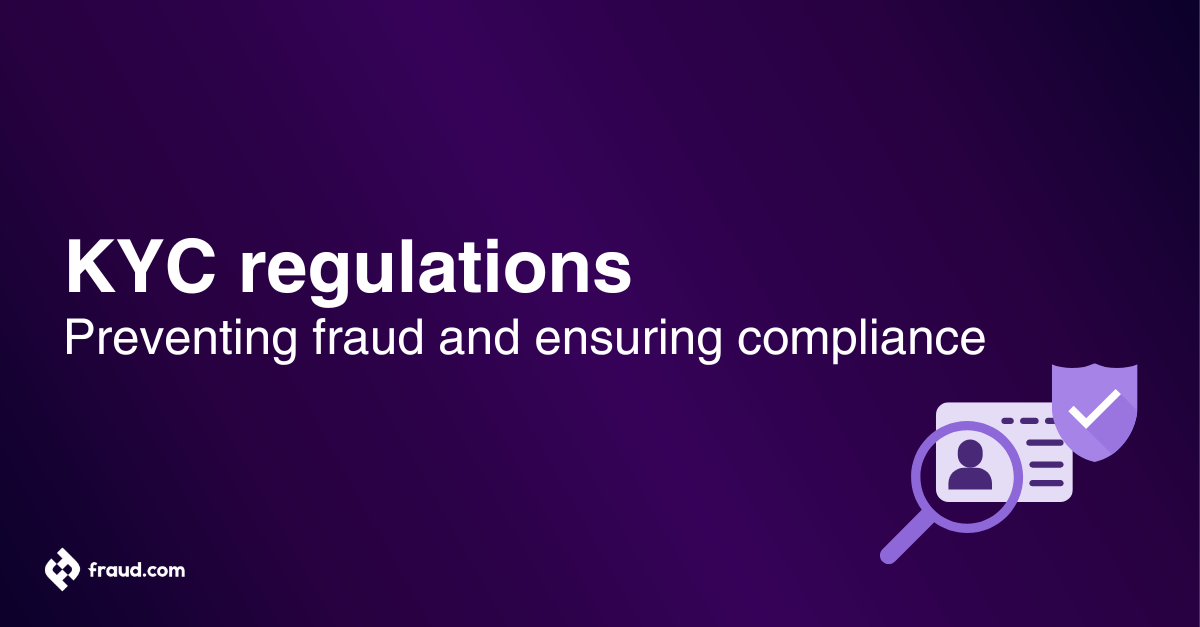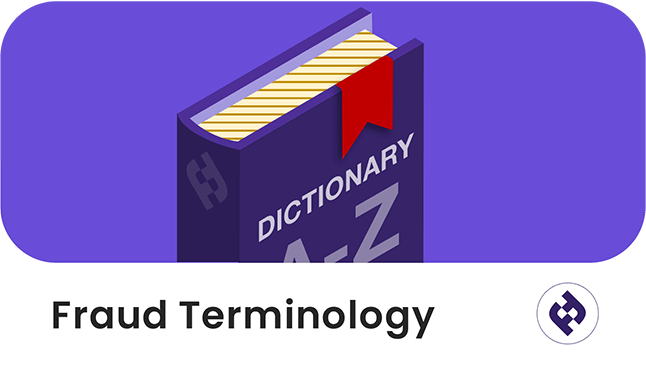Covid has impacted everyone in the world, gradually changing our lives. Although change can be seen as an opportunity, it is not always an opportunity for a positive outcome. Fraudsters maliciously take advantage of change as they exploit every vulnerability they can find during a time of change.
There is often a need to provide proof of vaccination status when travelling abroad or attending special events. While presenting a negative test is usually enough, some organisations require proof of vaccination status, with the UK National Health Service (NHS), Covid pass being the main way to demonstrate this.
Fraudsters have been taking advantage of people getting their COVID-19 vaccines, by creating new scams that people are falling for. This has resulted in a significant increase in Covid Pass scams over the last year.
Table of Contents
ToggleWhat is the NHS COVID Pass?
The NHS Covid Pass allows you to securely share your COVID-19 vaccination records with others. This can be useful when travelling abroad or when attending events or venues in the UK that require proof of vaccination. The NHS COVID pass is available digitally through the NHS app, NHS.uk, or as a letter sent to you in the post.
Those who need to verify a person’s COVID vaccination status can do so using the NHS COVID Pass Verifier app. This app was developed to help organisations check their customer’s COVID-19 vaccination status. It is a secure way to verify someone’s NHS COVID Passport presented on the NHS app or via a downloaded PDF or wallet version.
The app can be used to scan a 2D barcode within the NHS COVID pass and does not store or transmit any personal data during the scanning process. It is, therefore, a safe and secure way to verify someone’s COVID vaccination status.
NHS COVID Pass Scams
Fraudsters have been quick to jump on the NHS COVID Password bandwagon and created various scams which are designed to con the public into handing over personal or financial details. Fraudsters send out emails and text messages that mimic ones from the NHS asking for payment details to process an NHS COVID Pass. An example of one of these scam emails:
Dear Sir/Madam,
Starting today, you can apply for a Digital Passport.
The Coronavirus Digital Passport is documentation proving that you have been vaccinated against COVID-19 or you recently recovered from COVID-19. The passport will allow you to travel safely and freely around the world without having to self-isolate.
Who is eligible?
UK citizens and their families, and legal residents.
How do I get the certificate?
You can get your Digital Passport via the NHS portal by clicking the button below.
These fake emails are examples of phishing scams impersonating the NHS. Action Fraud warns that the NHS will never ask for personal details such as bank card details, PINs and passwords. Therefore it’s very important to be suspicious when we are contacted by someone asking to provide any of our personal details. Whether it is via an SMS or email which may contain a link that can lead us to a fraudulent website.
Fraudsters think nothing of preying on peoples’ fears and concerns. With the lessening of restrictions regarding travel, more people are looking to access their NHS Covid Pass and fraudsters are obviously exploiting this opportunity.
Fraudsters are targeting people by convincing them to hand over money, financial details, and personal information by pretending to be from the NHS. Some have even offered fake vaccine certificates for sale.
COVID-19 related scams are not just restricted to emails. They also come in the form of:
- Text messages – People are being asked to confirm that they want to receive the vaccine by pressing a number on their keypad or sending a text message. However, doing so may result in being charged on their phone bill, or having their personal information collected by fraudsters.
- Phone calls – People receive a phone call from an unknown caller offering the vaccine for a fee or asking for bank details.
- Websites – Fake URL links to forms or sites that look very similar to the official NHS website, these may contain some personal information already; asking for the victim’s bank details.
- In-person – Criminals are visiting the homes of victims and pretending to be from the NHS to administer the vaccine in exchange for a cash payment.
How to Prevent COVID-19 Passport Scams
Scams come in many forms, and fraudsters stop at nothing to get hold of money fraudulently. COVID vaccine passport scams are the latest attempt by fraudsters to exploit the pandemic for financial gain. They do this using known scam tactics such as phishing, smishing and vishing. If you receive an email, text message or phone call that encourages you to click on a link or provide personal information, it is likely a scam.
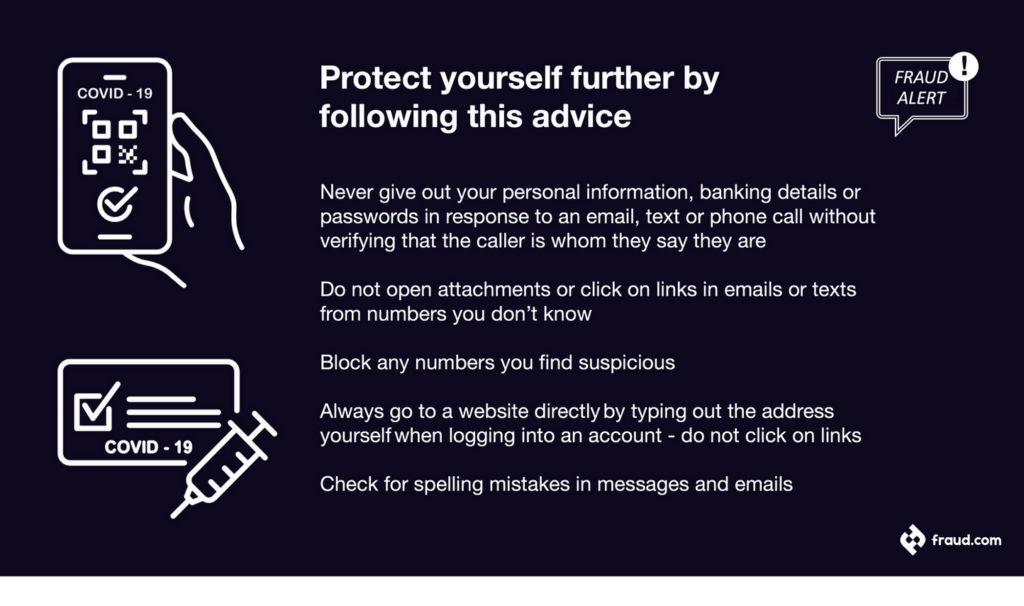
It is a good idea to use identity verification and authentication tools like Udentify to make sure that someone is who they say they are. Udentify uses face recognition and biometric liveness detection to verify someone’s identity. Using Udentify can help you confirm the real identity of your Customer, User, Employee, Business Partners, Patient, Student, Player or Gamer in seconds. Find out more about the effectiveness of identity verification here.
Fraudsters will always aim to stay one step ahead and are always improving their techniques. One thing fraudsters are good at is quickly adapting to change and finding ways to exploit new systems, especially when it comes to the latest procedural changes and implementations, such as the NHS Covid Passport.



